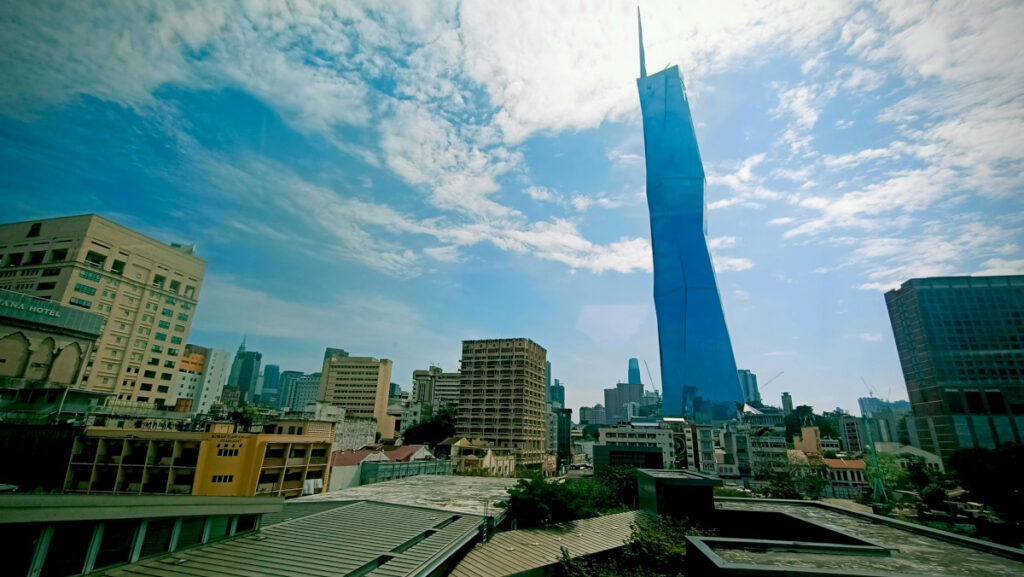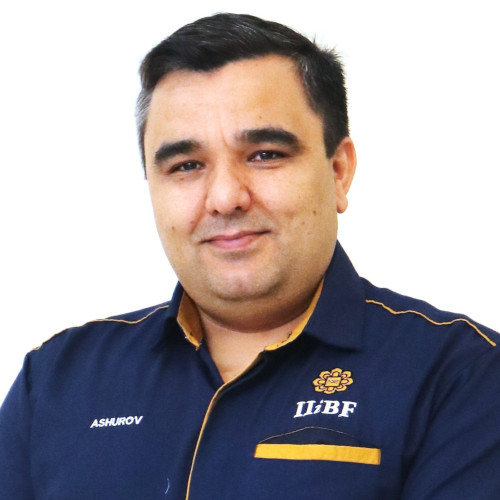By Ashurov Sharofiddin
Having lived in Malaysia for nearly two decades, I have witnessed a remarkable journey of nation-building. Since 1957, the country has successfully preserved Islamic values while embracing modernization, fostering economic growth, and promoting inclusivity toward non-Muslim citizens. Striking this balance is no simple task, especially in the context of post-colonial societies, yet Malaysia offers an inspiring case study for both scholars and policymakers on how diversity, values, and progress can be intertwined into a shared national identity.

The recent emphasis on the Madani concept further elevates Malaysia’s trajectory as a model of holistic development. Madani encapsulates the delicate balance Malaysia has pursued for more than six decades, as it is rooted in Islamic principles yet framed in universal terms such as sustainability, compassion, and respect. I speak as a guest who calls Malaysia home to reflect on its politics, economy, and social dimensions and to highlight a Muslim majority model of governance while acknowledging the challenges that remain.
Political foundations: Islam and inclusivity
Malaysia’s political foundation rests on a constitutional compromise that simultaneously establishes Islam as the religion of the Federation and protects freedom of religion for non-Muslims. Article 3 of the Federal Constitution provides Islam with a central role, yet the same document guarantees minority rights and religious freedom. This dual framework has allowed Malay Muslim leadership to preserve Islamic identity without isolating other communities.
The “social contract,” whereby Malays received recognition of their special position while granting citizenship to non-Malay communities, was a pragmatic solution. Over the years, successive governments have reinforced political stability through coalition politics, which balances communal representation while avoiding dominance by any single ethnic or religious bloc.
Critics may argue that Malaysia’s politics has occasionally leaned towards ethnic segmentation, particularly in times of electoral competition. Yet, compared to other plural societies in Asia and beyond, Malaysia has managed to avoid prolonged ethnic conflict and state failure. This political resilience is one of its greatest achievements and underpins its reputation as a peaceful Muslim-majority country.
Economic transformation: Equity and growth
Post-independence Malaysia inherited a colonial economy structured around ethnic divisions: Malays were largely rural farmers, Chinese dominated commerce, and Indians worked in plantations. To address these disparities, the government launched the New Economic Policy (NEP) in 1971, with the twin aims of eradicating poverty and restructuring society to reduce ethnic economic imbalances.
The NEP remains controversial. While critics claim it entrenched ethnic preferences, defenders argue it was essential for national stability and Malay upliftment. Statistically, it succeeded in reducing poverty and creating a sizeable Malay middle class. At the same time, Malaysia managed to industrialize, diversify its economy, and attract foreign investment. It also avoided the “resource curse” that has afflicted other countries rich in natural resources.
A particularly significant achievement is the development of Islamic banking and finance, where Malaysia has emerged as a global leader. The country has successfully introduced pioneering instruments such as Sukuk (Islamic bonds) and created globally recognized institutions like the Islamic Financial Services Board (IFSB) and the International Islamic Liquidity Management Corporation (IILM), positioning itself as a hub for Shariah-compliant finance. Beyond finance, Malaysia has also led initiatives in Halal industry development, establishing the Halal Development Corporation and comprehensive Halal certification standards that are now benchmarks for many nations. Additionally, its Islamic capital market framework is one of the most advanced in the world, attracting global investors seeking ethical and Shariah-compliant investments. Together, these efforts demonstrate Malaysia’s ability to integrate Islamic identity into modernization, creating systems that are both competitive and ethically grounded.
Towards a Madani state
The concept of Malaysia Madani seeks to consolidate these achievements into a forward-looking framework. Defined by values of sustainability, compassion, trust, respect, and prosperity, Madani represents a vision of development rooted in Islamic ethics yet resonant with universal principles.
For the Malay Muslim community, Madani reinforces the importance of being the guardians of both faith and national unity. For non-Muslims, it promises inclusivity and dignity within a shared national project. For the world, it offers an example of how Islamic governance and modern pluralism can coexist in harmony.
Internationally, Malaysia is often cited as one of the most successful Muslim-majority states not because it is without flaws, but because it has managed to combine stability, development, and moderation in a way that is both authentic and pragmatic.
Conclusion
After 18 years of living and researching in Malaysia, I am convinced its story deserves greater global recognition. While not without political and socio-economic challenges, Malaysia stands out among Muslim-majority nations as proof that Islam can be preserved without exclusion, modernization can coexist with faith, and multiculturalism can strengthen national identity.
Anchored by the Malay Muslim model of governance, Malaysia has managed to turn the complexities of pluralism into a source of resilience. As it advances toward the Madani ideal, its experience offers valuable lessons for both domestic policy and the wider world: peace, prosperity, and pluralism are achievable when guided by justice, moderation, and mutual respect. With such an extensive and successful model, Malaysia should also be regarded as a potential peacemaker, both regionally and internationally.
We do not always notice our blessings. Peace. Safety. Opportunity. Prosperity. Malaysia holds these today. I hope Malaysians cherish this and protect it; I also pray for Malaysia’s continued success.

Dr Ashurov Sharofiddin is an associate professor at the IIUM Institute of Islamic Banking and Finance, International Islamic University Malaysia
